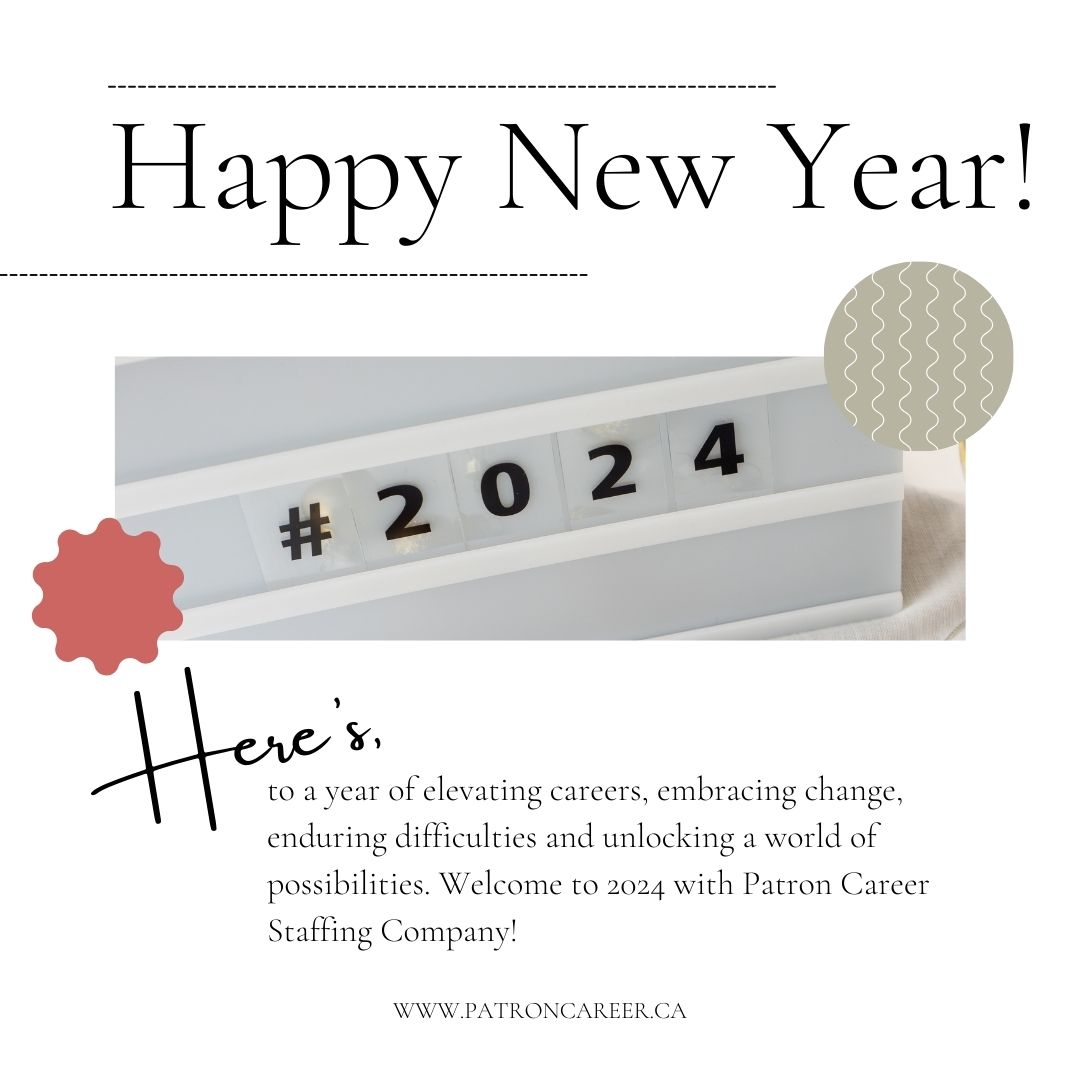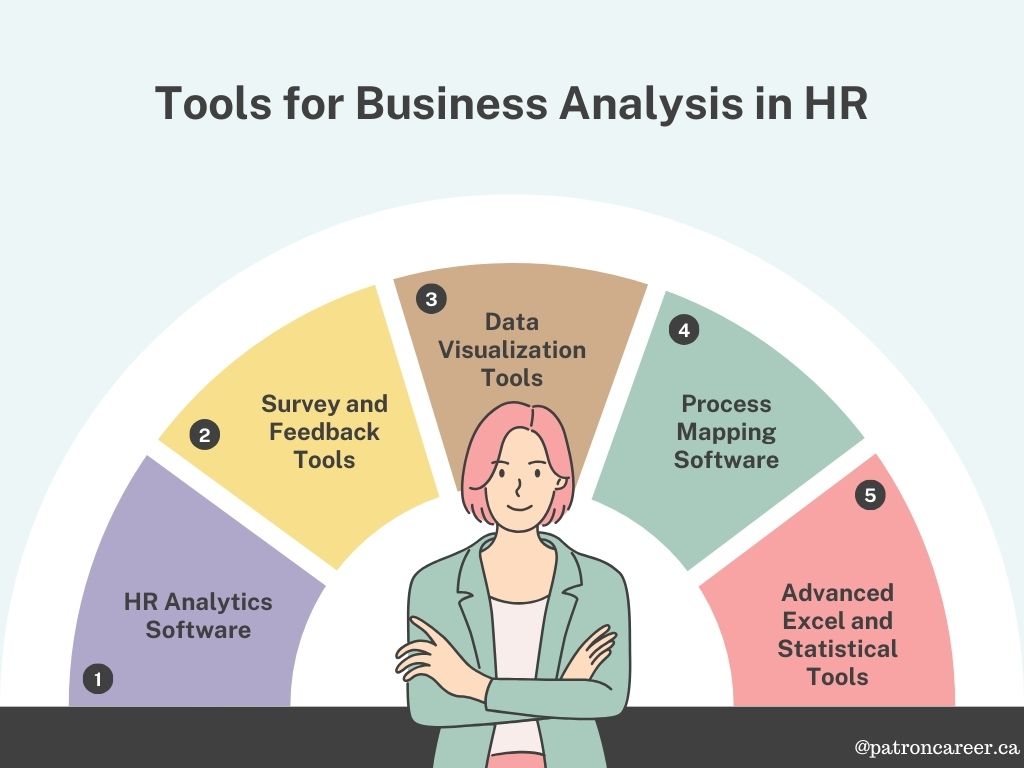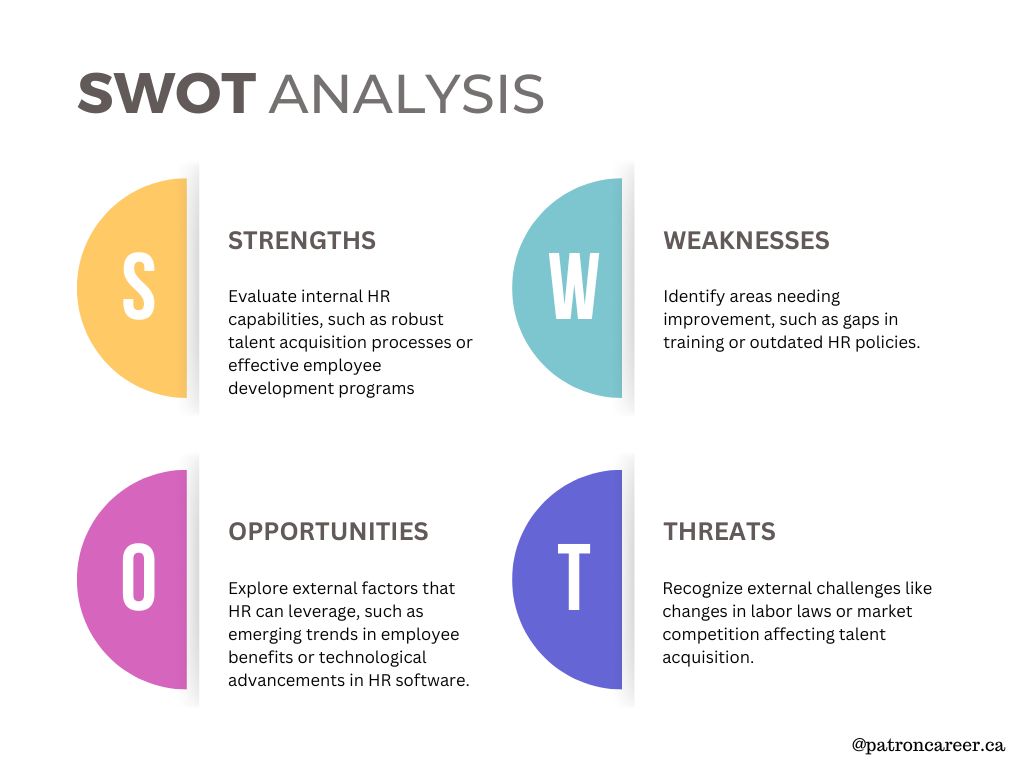
Welcoming 2024 with Patron Career
17 January, 2024
Patron Career Staffing firmly believes in adopting a tailored approach to meet temporary and permanent recruitment needs. We safeguard the interest of our clients by finding such workers who are knowledgeable and reliable.
About UsNeed help? Make a Call
32 Dundas Street East Unit A, L5A1W2

Human Resource Management (HRM) is a miscellany of routine HR functions, setting up objectives and putting mechanisms in place to ensure that the overall targets of the organization are met. HR leaders have to grasp a multitude of skills to contribute effectively to the company’s success. At a deeper level, HR professionals have to undergo a ceaseless number of tasks to hold the organization together by overseeing all department's functions seamlessly.
In today’s scenario, the role of Human Resources (HR) has evolved tremendously, there being a paradigm shift from traditional functions to data-based decision-making. Understanding, analysing and managing data is one such skill set that is in demand in the Canadian employment realm. HR experts, deft in business analysis skills help to foster organizational growth and employee satisfaction. Therefore, understanding and enhancing such a crucial skill is highly recommended to take up your career ladder to new heights.
So, fasten your seatbelts as we delve into the significance, advantages, techniques and essential tools of business analysis specifically tailored for HR professionals.
First off, let's begin by encapsulating the meaning of business analytics.
Understanding Business Analysis for HR
Essentially, business analysis is a concept that encompasses examining and interpreting loads of organizational data for informed decision-making. When applied to the HR functional realm, it allows the HR department to make the right choices concerning talent acquisition, retention, employee training and development, and overall people management in the organisation.
Why is Big Data a Big Deal For HR?
On one side where HR processes were devoid of business analysis, HR teams faced problematic issues. From high attrition rates, and high hiring costs, to low performance rates, and reduced outputs, HR hasn’t been able to function effectively. With the advent of people analysis in business, HR teams are evolving. Let’s understand how:
1. Learnt decision-making: HR experts who are adept in business analysis skills can make data-driven decisions, that improve overall performance management throughout the organizational departments. Hence, the primary objective of business analytics is also achieved.
2. Attrition and acquisition: workforce analysis is also a part of business analysis. HR examines the trends, skills, and abilities that are required to sustain talent in the company while also bringing in new talented hires.
3. Performance optimization: business analysis helps the HR department assess employee performance metrics, facilitating the identification of areas for improvement and the implementation of targeted training programs.
Also read: The transforming impact of empathy on Employee Wellbeing and Productivity
Benefits of Integrating Business Analysis Skills in HR
Let’s know what benefits one could get by incorporating business analysis skills:
1. Strategic HR Planning: Business analytics can lead to strategic HR planning. All the roles, responsibilities and actions undertaken by the HR can become unified, providing insights about where HR processes can be improved.
2. Betterment of Employee Experience: we know that employee experience is the key to lasting industry success. All four segments of the employee lifecycle- onboarding, career development, engaging and exit form the basis of employee experience (EX). It is an indisputable duty upon HR to implement meaningful strategies to upsurge EX. That becomes, easy with the help of business analysis for HR.
3. Cost Optimization: Analysing and interpreting HR data enables organizations to identify cost-saving opportunities, making HR processes more efficient and effective.
Business Analysis Techniques and Tools for HR Professionals
Companies incredibly value big data and the HR experts with proficiency in it. For high efficiency, HR professionals can utilize the following techniques and tools to augment their decision-making criteria. These include:

1. SWOT analysis: this is a managerial technique used by businesses and corporations all over the world to assess their strengths, weaknesses, opportunities and threats in HR policies and processes.

2. Gap analysis: it includes finding out the disparities between current and desired HR performance. It helps to analyse the bridge between where you are right now and where you want to be in the future.
3. Process mapping: this business analysis tool entails mapping out the procedures and workflows within an organization. It involved making visual representations regarding workflows, dependencies and potential bottlenecks to identify opportunities.
In Conclusion
To successfully navigate the work sphere, HR must strive to assimilate business analytics skills in their professional journey. Continuous learning, networking and hands-on experiments can hone your people-analytics skills to a whole new level. HR can assist in unlocking a more agile and responsive workforce through leveraging data-driven decision-making.
